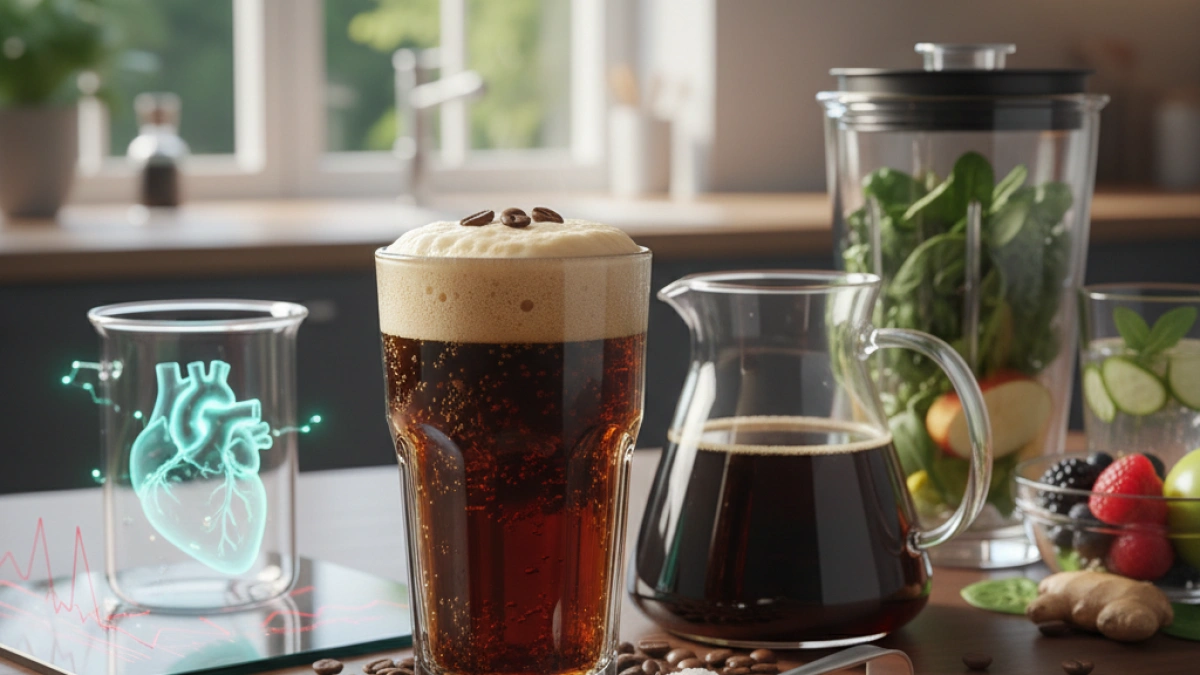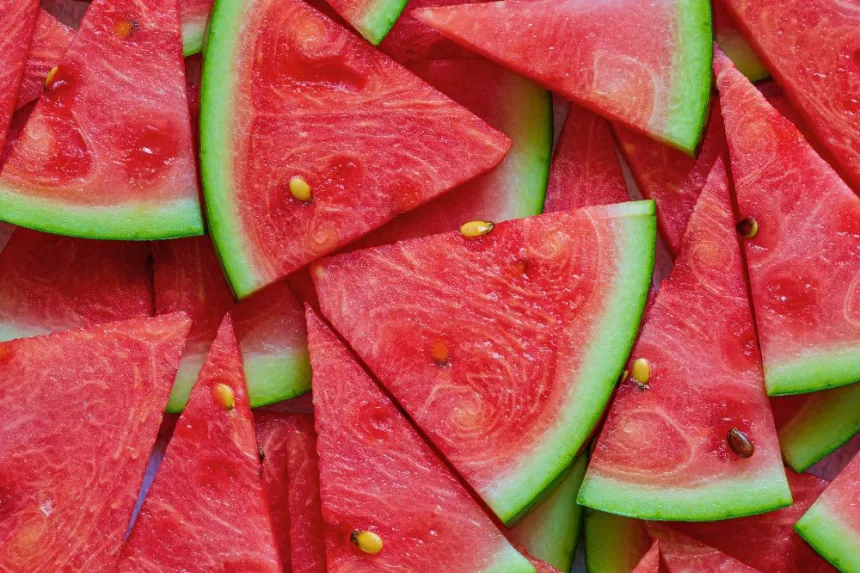Coffee in Coca-Cola: quantity, effects, and healthy alternatives

The consumption of soft drinks has been a recurring topic in the conversation about health and nutrition. One of the most intriguing combinations is the mixing of coffee in the Coca-Cola formula. In this article, we will analyze the amount of caffeine that this beverage contains, its effects on the body, and some healthier alternatives you might consider.
Caffeine Content in Coca-Cola
The amount of caffeine in Coca-Cola varies depending on the type of product. For example, a 355 ml can of regular Coca-Cola contains approximately 34 mg of caffeine. This amount is significantly lower compared to a 240 ml cup of coffee, which can have between 95 and 200 mg of caffeine, depending on how it is brewed.
For fans of carbonated beverages, Coca-Cola with coffee flavor has gained popularity. A can of this drink may contain between 69 and 80 mg of caffeine, providing a more noticeable boost compared to traditional versions. However, it is essential to note that despite its caffeine content, these drinks should not be considered substitutes for regular coffee.
Effects of Caffeine on the Body
Caffeine is a central nervous system stimulant that can temporarily improve alertness and reduce the feeling of fatigue. However, excessive consumption can lead to adverse effects, such as:
- Anxiety: Caffeine can increase anxiety in some individuals, especially when consumed in large amounts.
- Insomnia: Its consumption in the afternoon or evening can affect sleep quality.
- Increased Heart Rate: In high doses, caffeine can cause palpitations or an increase in blood pressure.
On the other hand, moderate caffeine consumption is generally considered safe and may even have benefits, such as improved concentration and a slight increase in physical performance.
Healthy Alternatives to Coca-Cola
While enjoying a Coca-Cola occasionally is not necessarily harmful, exploring healthier alternatives can lead to better overall nutrition. Here are some options:
Tea Drinks
Tea, whether green, black, or herbal, can be an excellent alternative. It contains less caffeine than coffee but still provides an energizing effect. Additionally, it has antioxidants that benefit health.
Read also
Cold Brew Coffee
If you are a coffee lover, consuming cold brew coffee instead of Coca-Cola can be a healthier option. You can control the caffeine content and avoid added sugars by preparing it yourself.
Flavored Water
If you are looking for a caffeine-free option, flavored water is refreshing and contains no calories or sugars. You can add slices of fruits or herbs to your water for a special touch.
Natural Energy Drinks
There are energy drinks on the market made with natural ingredients, such as guarana and yerba mate, which can provide an energy boost without the side effects of sugary beverages.
Conclusion
Coca-Cola, especially in its coffee version, can be an occasional treat for those who enjoy its flavor and stimulating effect. However, it is essential to be aware of the amount of caffeine consumed and to consider healthier alternatives that can quench thirst without compromising health.
For more information on health and nutrition, I invite you to continue reading similar stories on my blog. Stay informed and take care of your well-being!











































